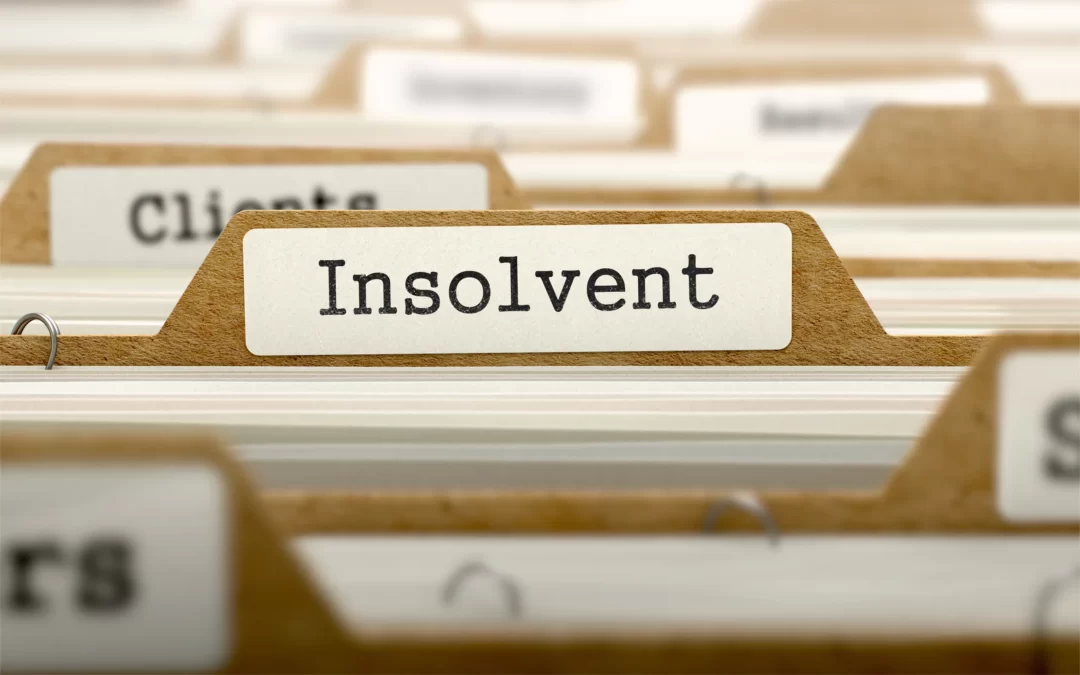On 17 February 2023, Ball J delivered the decision of Kennedy Civil Contracting Pty Ltd (Administrators Appointed) v Richard Crookes Construction Pty Ltd; In the matter of Kennedy Civil Contracting Pty Ltd [2023] NSWSC 99.
His Honour held that companies facing insolvency may, under specific circumstances, retain the capacity to issue a payment claim or enforce an adjudication determination in accordance with the provisions of the Building and Construction Industry Security of Payment Act 1999 (NSW) (SOP Act).
Background
In November 2021, Richard Crookes Construction Pty Ltd (RC) engaged Kennedy Civil Contracting Pty Ltd (KC) under two subcontracts to undertake civil, stormwater and associated works at a project at Bankstown Airport for which RC was the head contractor.
In December 2021, January 2022, February 2022, April 2022, May 2022 and June 2022, KC served payment claims on RC under the relevant subcontracts.
In several instances, RC did not submit a payment schedule in response to the payment claims within the 10-business-day timeframe stipulated by the SOP Act. In other cases, RC provided payment schedules concerning the relevant payment claims, specifying the scheduled sums they were prepared to remit. Nonetheless, they did not fulfil the obligation to pay those amounts.
On 1 August 2022, joint and several voluntary administrators were appointed to KC pursuant to section 436A of the Corporations Act 2001 (Cth) (Corporations Act). Throughout the administration process, the appointed administrators reached the conclusion that KC was, indeed, in a state of insolvency.
On 29 September 2022, KC filed a notice of motion requesting summary judgment in accordance with sections 15 and 16 of the SOP Act, due to RC’s non-compliance with making payments pursuant to the payment schedules.
In their further report to creditors dated 2 November 2022, the administrators recommended that the creditors resolve that KC execute a ‘Holding DOCA’ (DOCA). The DOCA was proposed to enable the pursuit of proceedings under the SOP Act, given that section 32B of the SOP Act prohibits entities in liquidation from availing themselves of the SOP Act.
On 9 November 2022, RC filed a notice of motion, seeking the dismissal of the proceedings initiated by KC on the grounds of abuse of process. Concurrently, RC also commenced proceedings in the Federal Court, seeking the termination of the DOCA under section 445D of the Corporations Act.
On 10 November 2022, at a meeting of KC’s creditors, the creditors resolved the execution of the DOCA in the terms proposed by the administrators such that they could pursue RC, among others, under the SOP Act. The meeting minutes indicated that the DOCA was proposed to enable the continuation of proceedings under the SOP Act, as section 32B of the Act stipulates that an entity in liquidation cannot utilise the SOP Act.
That DOCA was executed on 17 November 2022.
Judgment
The Court was tasked with determining two issues, namely:
- Whether the DOCA was entered into for an improper purpose in accordance with section 445(D)(1) of the Corporations Act, specifically to circumvent the application of section 32B of the SOP Act; and
- Whether KC’s actions in executing the DOCA were aimed to evade the application of section 32B of the SOP Act, and as such, an abuse of process.
Regarding the first matter, Justice Ball ruled in favour of KC, determining that entering into the DOCA to capitalise on the restricted scope of Section 32B of the SOP Act did not constitute an improper purpose. To this point, his Honour held at [35]:
“… it is difficult to see how it could be said that the DOCA was designed to avoid the operation of the SOP Act. It would be more accurate to say that it was designed to take advantage of the limited operation of s 32B. The evident purpose of s 32B is to prevent a situation from arising where an interim payment made under the Act becomes permanent because, on liquidation, the payment is no longer available to be returned to the payer if the payer is successful in its claim under the construction contract. But the DOCA in this case specifically preserves Richard Crookes’s rights to recover the amount it pays under the construction contract.”
Regarding the second matter, in determining that no abuse of process had transpired, the Court concluded that KC’s arrangement of its affairs to fall outside the purview of section 32B of the SOP Act did not constitute an abuse of process.
Implications
This decision serves as a notable reminder that insolvency should not be considered as a complete termination of rights under the SOP Act. Moreover, a Deed of Company Arrangement designed to circumvent the restrictions imposed by section 32B of the SOP Act should not be construed as a measure that is undertaken for an improper purpose or as a basis to terminate a Deed of Company Arrangement under section 445D(1)(g) of the Corporations Act.
The contents of this publication are for reference purposes only. This publication does not constitute legal advice and should not be relied upon as legal advice. Specific legal advice should always be sought separately before taking any action based on this publication.
Liability limited by a scheme approved under Professional Standards Legislation.
Author: Maysaa Parrino, Matt Armota & Shikha Chand


